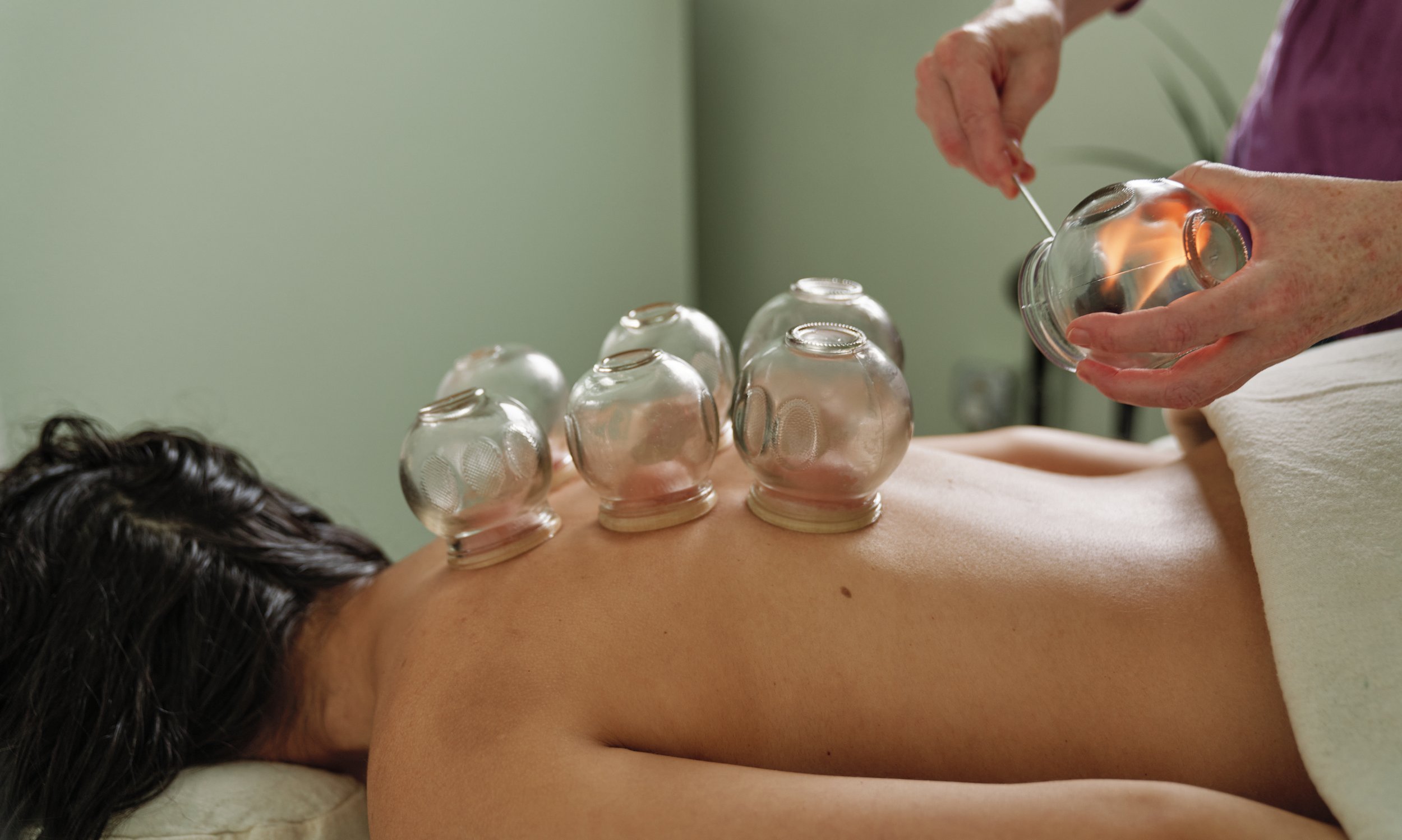Listening to Our Bodies
Hey all,
Whether you’ve come to House Nine looking for a local massage in Portland, OR, a cultivated selection of teas, acupuncture, or any of our other modalities, we are happy you’ve joined us on the path to wellness.
Perhaps you’ve heard (or read) us discussing the vital importance of ‘listening to our bodies’ on this journey to wellness, but what does that mean in practice? Today, we’ll take a look.
Cultivating Awareness
How easy is it to get stuck in our heads? Nowadays, everything is vying for our attention. With so many elements of our lives tied to screens, it can be considerably difficult to remember the rest of our being.
What does our body say when we take a second to listen? Well, whether it’s an emotion, pain, intuition, or that nagging ‘gut feeling,’ the body is always saying something. Rather than simply notice (then quickly disregard) the feeling, why not let an awareness of this message fill us completely? In other words, why not “listen” and translate this incoming information, even let it guide us to a healthier mode of being?
Firstly, the signals we constantly receive from our bodies range in “intensity.” In other words, pain, hunger, and thirst are a bit “louder”—and overlooked less frequently—than menstruation patterns, trouble with digestion, or a nagging agitation that interrupts quality sleep. Yet, regardless of their perceived “volume,” when we listen to them, these signals indicate their rootedness in our bodies. For example, the pain in someone’s lower back could tense their surrounding muscles, leading to a persistent sense of anxiety they’ve probably attributed to other things. Maybe, they’ve even treated these other things that actually have little, or nothing, to do with the problem. Emotions are deeply connected to our body and, if we analyze them carefully, can help identify what ails us.
Affects like anxiety (butterflies/pit in the stomach) and sadness (felt in the heart space) are intimately tied to physical sensations. That’s why we can learn so much about our emotions when we are paying attention to physical feelings in the body. Taking note of what is happening in your environment when these physical sensations show up will help us determine the root causes of our physicality and emotions, allowing us to respond accordingly.
Dismissing Our Body
As we all know, it is very easy to dismiss our body’s signals. You’ve probably heard (or said) some iteration of ‘it’s just genetics,’ or, ‘I’m just getting old.’
When the body is saying something loudly, it's a signal that something important is going on. The only way to decipher it is to get in tune with our body and understand its language, triggers, impulses, and emotional landscape.
How to Listen
Listening to our bodies begins with curiosity and honesty. We must remain open and curious about what we are experiencing without passing judgment, making assumptions, or sugarcoating the message.
Listening deeply—to ourselves and surroundings—is essential to living full, embodied lives.
Responding to our body and acknowledging its signals does not necessarily mean we must have all the answers. Rather, more often than not, these signals should serve as a roadmap to proper professional treatment.
Therefore, we should strive not to cloud our body’s messages with practical considerations (at first). Instead, we should begin by responding to these signals in a deeply compassionate way. This means, embracing messages with an intimate understanding of the deep-rooted stories we tell ourselves. Changing our perspectives to embrace self-love and self-worth in these vulnerable moments is the best way—really the only way—to enter a truthful dialogue with our bodies.
How we respond to these signals after this crucial step varies depending on the situation. It can look like a dietary change, ending a toxic relationship, or admitting we’re wrong about something in our lives—the possibilities are endless. The important thing is that our approach to making a change is rooted in self-love and understanding. In this way, we become the strongest advocates for our bodily health.
Next Steps
If you can’t hear your body, we suggest employing meditation (body scans, grounding techniques, etc.), trauma-informed somatic techniques, trauma-informed massage, and simply taking time off for yourself—time off social media and away from workplace stressors to focus on healing.
When you’re ready, reach out to our team at House Nine, and let’s work out an individualized plan that focuses on your body’s needs. With trauma-informed care at the forefront of what we do, we’ll explore options and get you on the right track to better health. Most importantly, all of this healing will be possible because you’ve listened to yourself.
If you don’t already, follow us on Instagram, Facebook, and sign up for our email list to get the latest updates!
Until next time, friend.
House Nine Wellness
1413 SE Hawthorne Blvd.
Portland, OR 97214
E: hello@housenine.com
P: (503) 841-6460




